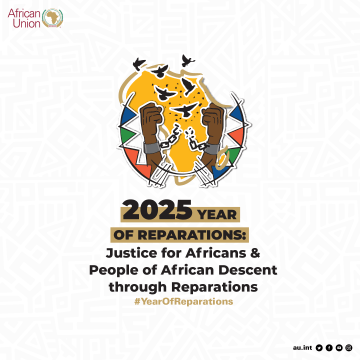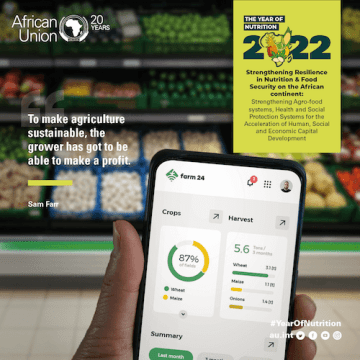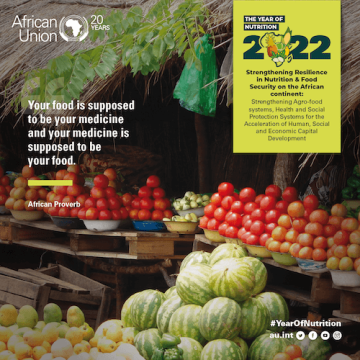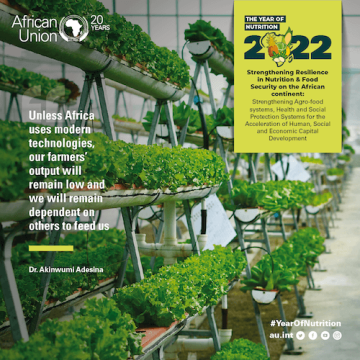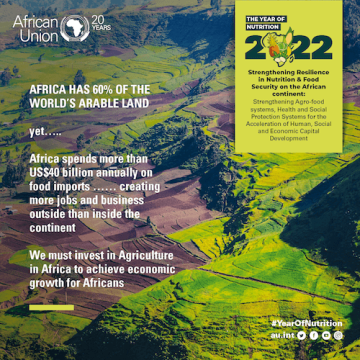New York – 30 September 2025 – On the sidelines of the 80th Session of the United Nations General Assembly, the African Peer Review Mechanism (APRM), in partnership with the Government of Liberia, hosted a high-level dialogue under the theme: “APRM: Renewed Vision for Adaptive Governance and Sustainable Development in Africa.” The event, held on 25 September 2025 in New York, brought together senior African leaders and key United Nations (UN) agencies to explore new pathways for strengthening governance systems across the continent.
The dialogue, organised in collaboration with UNDESA, UNDP, the UN Office of the Special Adviser on Africa (OSAA), and the UN Office for South-South Cooperation (UNOSSC), focused on the growing importance of adaptive governance, a model that promotes flexibility, resilience, and inclusivity in addressing Africa’s evolving political and development challenges.
Leaders from several African Union (AU) Member States, including Algeria, Sierra Leone, South Africa, Libya, and Liberia, shared national experiences and reaffirmed the urgency of institutional reforms that can withstand crises, foster public trust, and drive long-term development.
At the heart of the discussion was the APRM’s 2025–2028 Strategic Plan, presented by Ambassador Marie-Antoinette Rose-Quatre, CEO of the APRM. The plan outlines key priorities for the Mechanism, including strengthening institutional resilience, promoting policy coherence, and aligning national governance frameworks with the AU’s Agenda 2063.
Speakers highlighted the importance of partnerships with UN agencies in building the capacity of public institutions and promoting democratic accountability. This collaboration has supported initiatives such as the African Credit Rating Agency and the African Facility for Support to Political Transitions, both seen as tangible expressions of African-led solutions to shared governance challenges.
Throughout the dialogue, participants underscored the need for investments in civil service systems, the institutionalisation of South-South cooperation, and the integration of governance frameworks into broader peacebuilding strategies. The Freetown Declaration, adopted earlier in 2025, emerged as a key reference point, with countries like Sierra Leone demonstrating progress in implementing its recommendations through new national cooperation structures.
UN officials, including representatives from UNDP, UNDESA, and the UN Peacebuilding Support Office, echoed the importance of embedding governance reform into peacebuilding and development strategies. They called for deeper collaboration on knowledge sharing, peer learning, and the use of UN platforms to showcase African leadership in global governance reform.
The event concluded with a unified call to action to institutionalise adaptive governance, deepen international collaboration, and amplify African voices in global forums. The dialogue reaffirmed the APRM’s growing role as a convener and thought leader in Africa’s governance landscape, as well as its potential to help shape a more accountable, inclusive, and resilient future for the continent.
For media inquiries or further information, please contact: APRM Continental Secretariat at info@aprm-au.org.
@APRMorg – X




